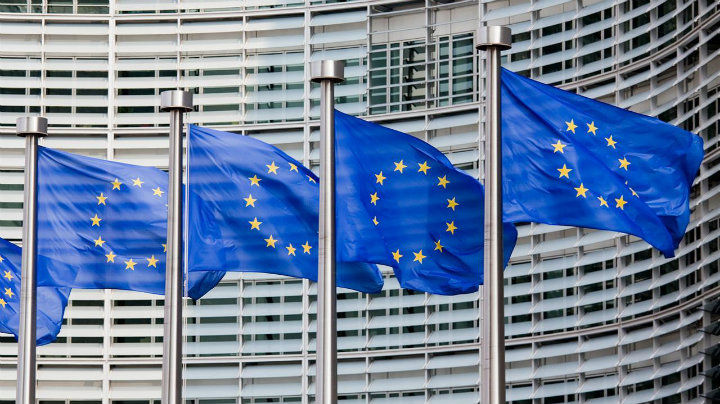EU-Maldives talks focus on free and fair polls
EU officials took up “the continuing deterioration of democracy in the Maldives.”

28 Jun 2018, 09:00
High-level talks took place Wednesday between senior European Union officials and a ministerial delegation from the Maldives.
Officials of the European Union External Action Service took up “the continuing deterioration of democracy in the Maldives” in light of the EU Council’s decision in February to consider targeted measures if the situation does not improve.
“The discussions focused on the critical importance of credible, transparent and inclusive presidential elections in the Maldives both for the democracy in the country and for future relations between the EU and the Government of Maldives,” according to a press release.
“The EU underlined that the parliament and the judiciary should be enabled to return to their normal functioning in accordance with the Constitution and opposition parties should be enabled to perform their role in accordance with democratic standards.
Become a member
Get full access to our archive and personalise your experience.
Already a member?
Discussion
No comments yet. Be the first to share your thoughts!
No comments yet. Be the first to join the conversation!
Join the Conversation
Sign in to share your thoughts under an alias and take part in the discussion. Independent journalism thrives on open, respectful debate — your voice matters.




